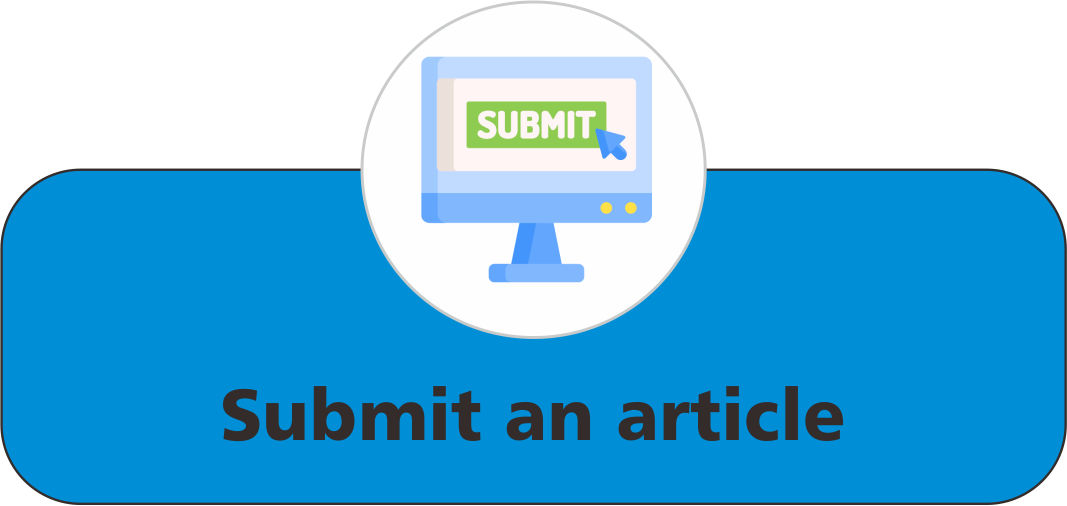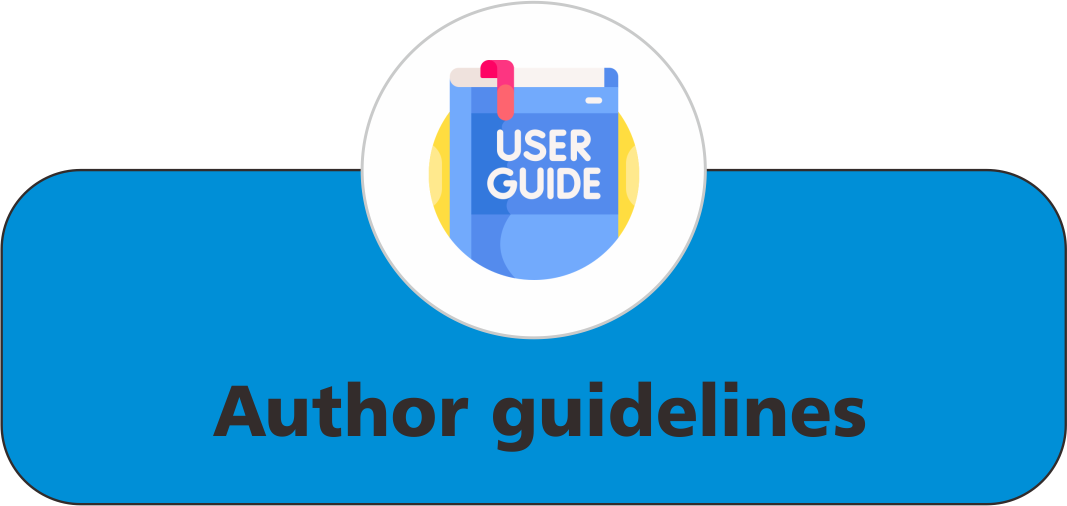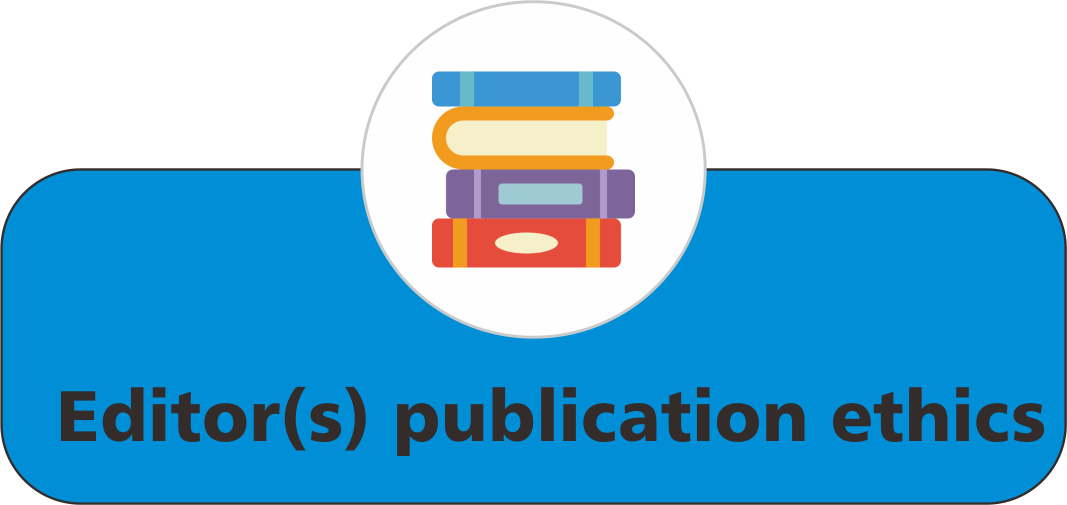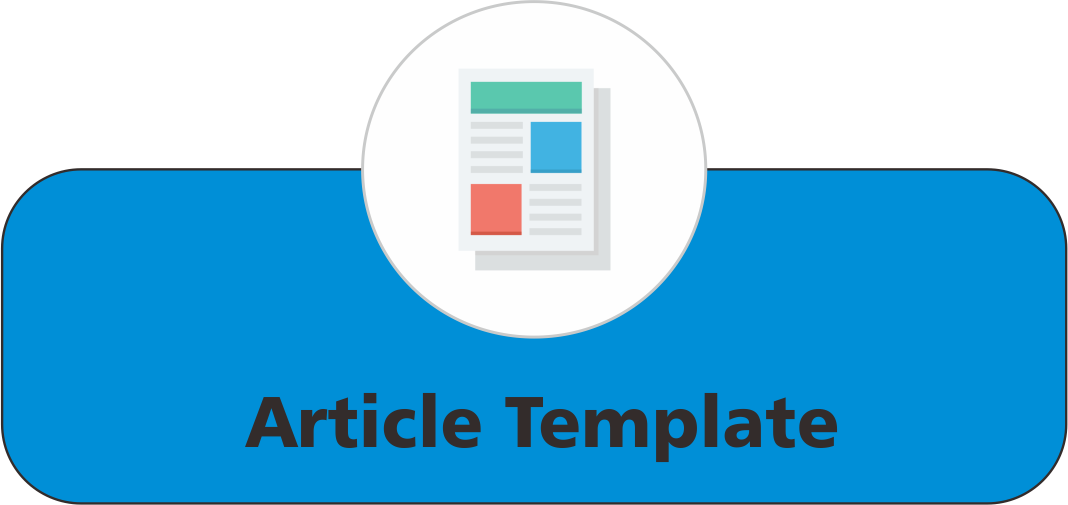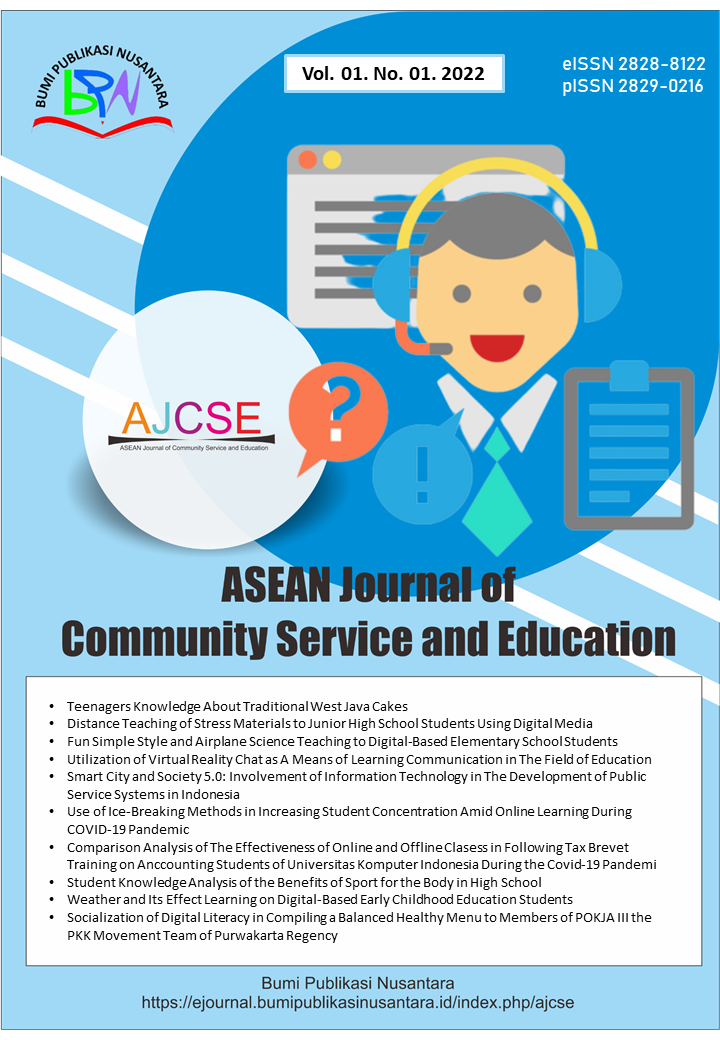Effects of The Language and Discourse of Nigerian Newspaper Reporting on National Security: Peoples’ Perceptions
 ), Opeyeoluwa Adesina Deji-Afuye(2),
), Opeyeoluwa Adesina Deji-Afuye(2),
(1) Bamidele Olumilua University
(2) Redeemer’s College of Technology and Management
 Corresponding Author
Corresponding Author
Abstract
Keywords
References
Alo, M. A. (2006). Nominal group structure and identification of people in the news: The case of the nigerian print media. In Research in African Languages and Linguistics, 7, 103 -119.
Baum, J., and Abdel Rahman, R. (2021). Emotional news affects social judgments independent of perceived media credibility. Social Cognitive and Affective Neuroscience, 16(3), 280-291.
Benmamoun, E., Montrul, S., and Polinsky, M. (2013). Heritage languages and their speakers: Opportunities and challenges for linguistics. Theoretical linguistics, 39(3-4), 129-181.
Bennett, W. L., and Livingston, S. (2018). The disinformation order: Disruptive communication and the decline of democratic institutions. European journal of communication, 33(2), 122-139.
Braun, J. A., and Eklund, J. L. (2019). Fake news, real money: Ad tech platforms, profit-driven hoaxes, and the business of journalism. Digital Journalism, 7(1), 1-21.
Britt, M. A., Richter, T., and Rouet, J. F. (2014). Scientific literacy: The role of goal-directed reading and evaluation in understanding scientific information. Educational Psychologist, 49(2), 104-122.
Chun, D., Kern, R., and Smith, B. (2016). Technology in language use, language teaching, and language learning. The Modern Language Journal, 100(S1), 64-80.
Edeani, H. O. (2022). Online News platforms and national security in Nigeria: A study of selected platforms. Journal of Media and Communication Studies, 14(2), 1–18.
Facchinetti, R. (2021). News discourse and the dissemination of knowledge and perspective: From print and monomodal to digital and multisemiotic. Journal of Pragmatics, 175, 195-206.
Hemsley, J., and Mason, R. M. (2013). Knowledge and knowledge management in the social media age. Journal of Organizational Computing and Electronic Commerce, 23(1-2), 138-167.
Ibrahim, B. (2020). Transparency and accountability in online news reporting: A study of nigerian online news platforms. Journal of African Media Studies, 12(3), 257-274.
Jenkins, H. (2004). The cultural logic of media convergence. International Journal of Cultural Studies, 7(1), 33-43.
Kessler, G. (2018). Technology and the future of language teaching. Foreign language annals, 51(1), 205-218.
Kuang, C. H. (2011). The three-pronged approach to reforming Taiwan's media under neoliberalism. Capitalism Nature Socialism, 22(2), 72-87.
McCombs, M. E., Shaw, D. L. and Weaver, D. H. (2014). New directions in agenda-setting theory and research. Mass Communication and Society, 17, 781-802.
Nwosu, I. E. (2022). Citizen engagement and national security: A study of online news platforms in Nigeria. Journal of Conflict and Security Law, 27(2), 257–274.
Ogbondah, C. W. (2022). Terrorist propaganda and online news platforms in Nigeria: A critical analysis. Journal of Terrorism Research, 13(2), 1-15.
Omolabi, I. (2023). A critical discourse analysis of selected print media reports on insurgency in Nigerian newspapers. Journal of Languages, Linguistics and Literary Studies, 3(1), 20-29.
Reinhardt, J. (2019). Social media in second and foreign language teaching and learning: Blogs, wikis, and social networking. Language Teaching, 52(1), 1-39.
Sheresheva, M., Skakovskaya, L., Bryzgalova, E., Antonov-Ovseenko, A., and Shitikova, H. (2021). The print media convergence: Overall trends and the COVID-19 pandemic impact. Journal of Risk and Financial Management, 14(8), 364-381.
Touri, M., and Koteyko, N. (2015). Using corpus linguistic software in the extraction of news frames: Towards a dynamic process of frame analysis in journalistic texts. International Journal of Social Research Methodology, 18(6), 601-616.
Wekpa, P., and Udoudom, J. C. (2022). Nigerian online English: An analysis of its nominal group structure. Journal of Humanities and Social Sciences, 1(2), 107-133.
Article Metrics
Abstract View : 467 times
: 467 times Download : 271 times
Download : 271 times
Refbacks
- There are currently no refbacks.
Copyright (c) 2025 Bumi Publikasi Nusantara

This work is licensed under a Creative Commons Attribution-ShareAlike 4.0 International License.

